Code.org District Program
Partner with us to expand access to CS.
Join the Code.org District Program to bring high-quality computer science to your schools. We offer curriculum, training, and support to help every student build the skills they need for the future.
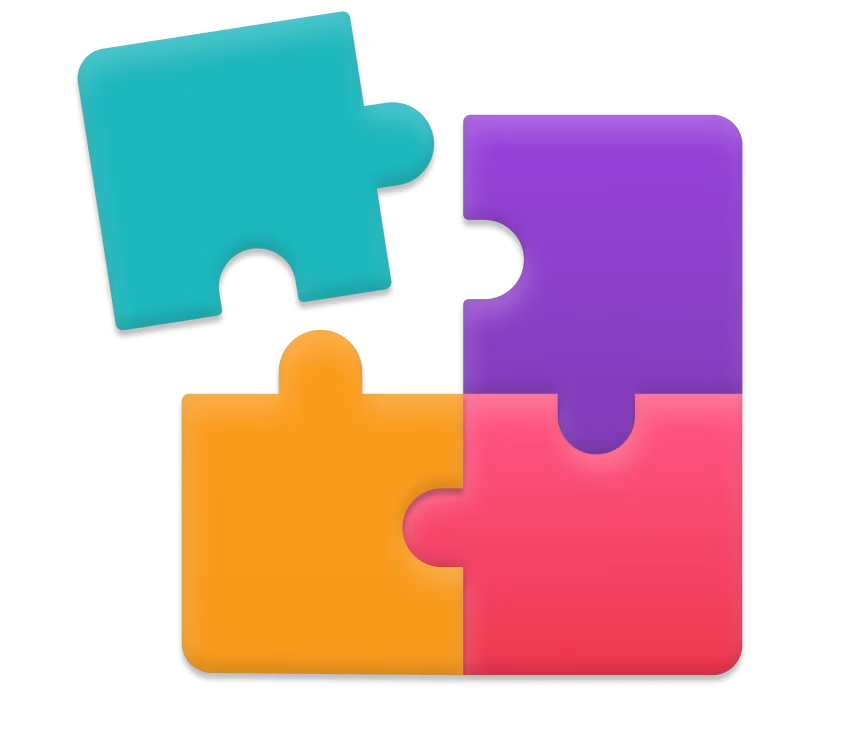
Join a growing national movement
For over a decade, Code.org has led the movement to expand K–12 computer science. Now, we’re partnering directly with districts to help bring high-quality CS and AI education to every student—at no cost.
Districts across the U.S. can partner with Code.org to:
- Prepare students for an AI-driven future
- Expand access to engaging STEM courses
- Invest in teachers through quality professional learning
- Close equity gaps in CS education and career pathways
- Align with workforce priorities of employers and policymakers
Why partner with Code.org
Comprehensive K–12 CS and AI curriculum
Access a free, open-source program with turnkey resources to introduce computer science and artificial intelligence at every grade level.
Personalized district support and resources
Receive tailored implementation guidance, certification support, and ready-made resources to engage students, families, and educators effectively.
District-level insights and equity data
Use Code.org reports and CS Access tools to uncover strengths, identify participation gaps, and support equitable computer science access at scale.
Flexible professional learning for teachers
Equip educators with high-quality, flexible training and ongoing support to confidently teach computer science in any classroom environment.
Exclusive events and networking access
Join expert-led webinars, policy forums, and leadership events to connect with peers and elevate your district’s impact in computer science education.
Nationwide visibility for your district
Be featured on Code.org and gain recognition alongside partners like Amazon, Google, and The College Board for your commitment to CS.
Trusted by districts nationwide
Over 600 districts of all sizes have partnered with Code.org to bring CS to their students.
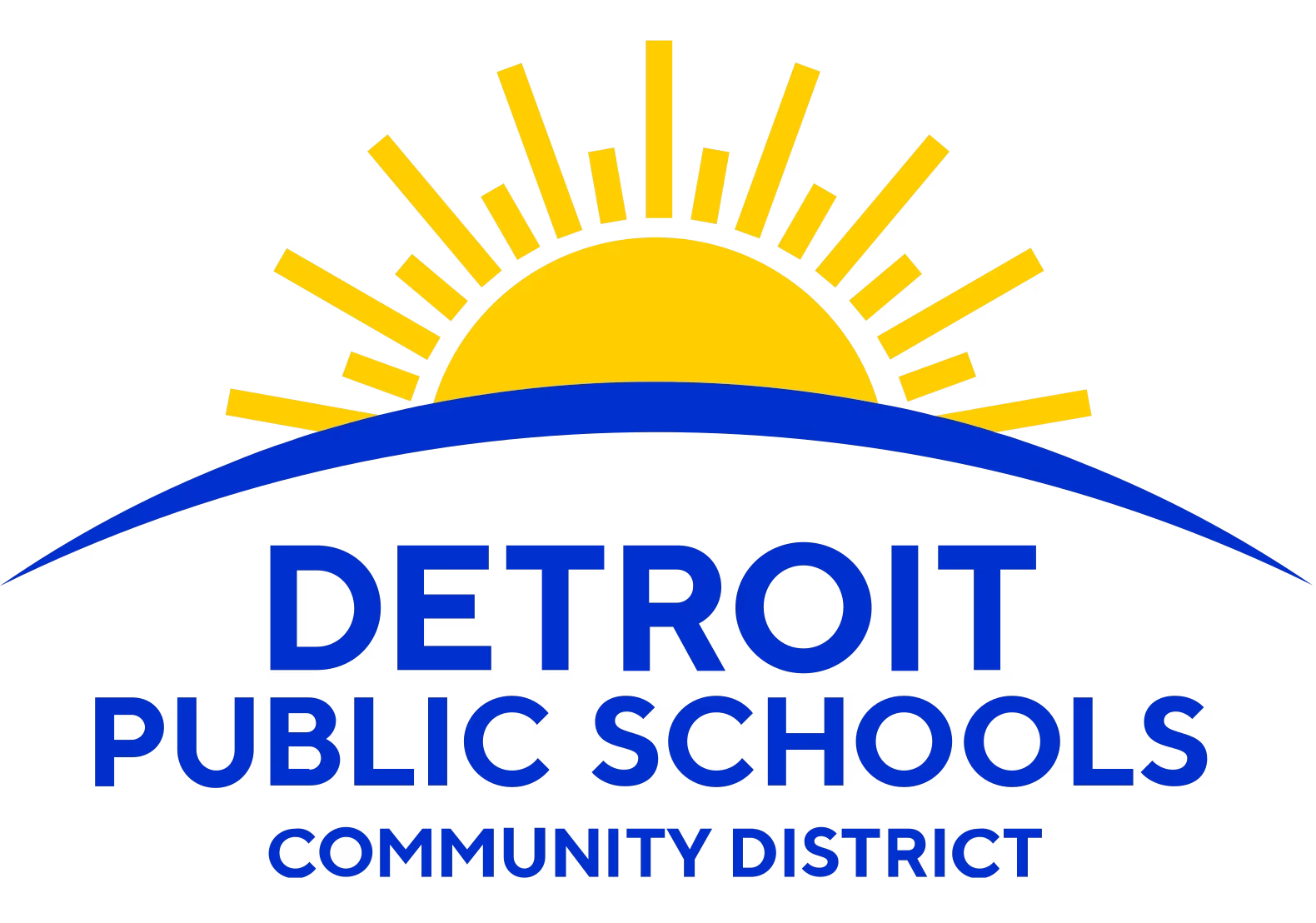
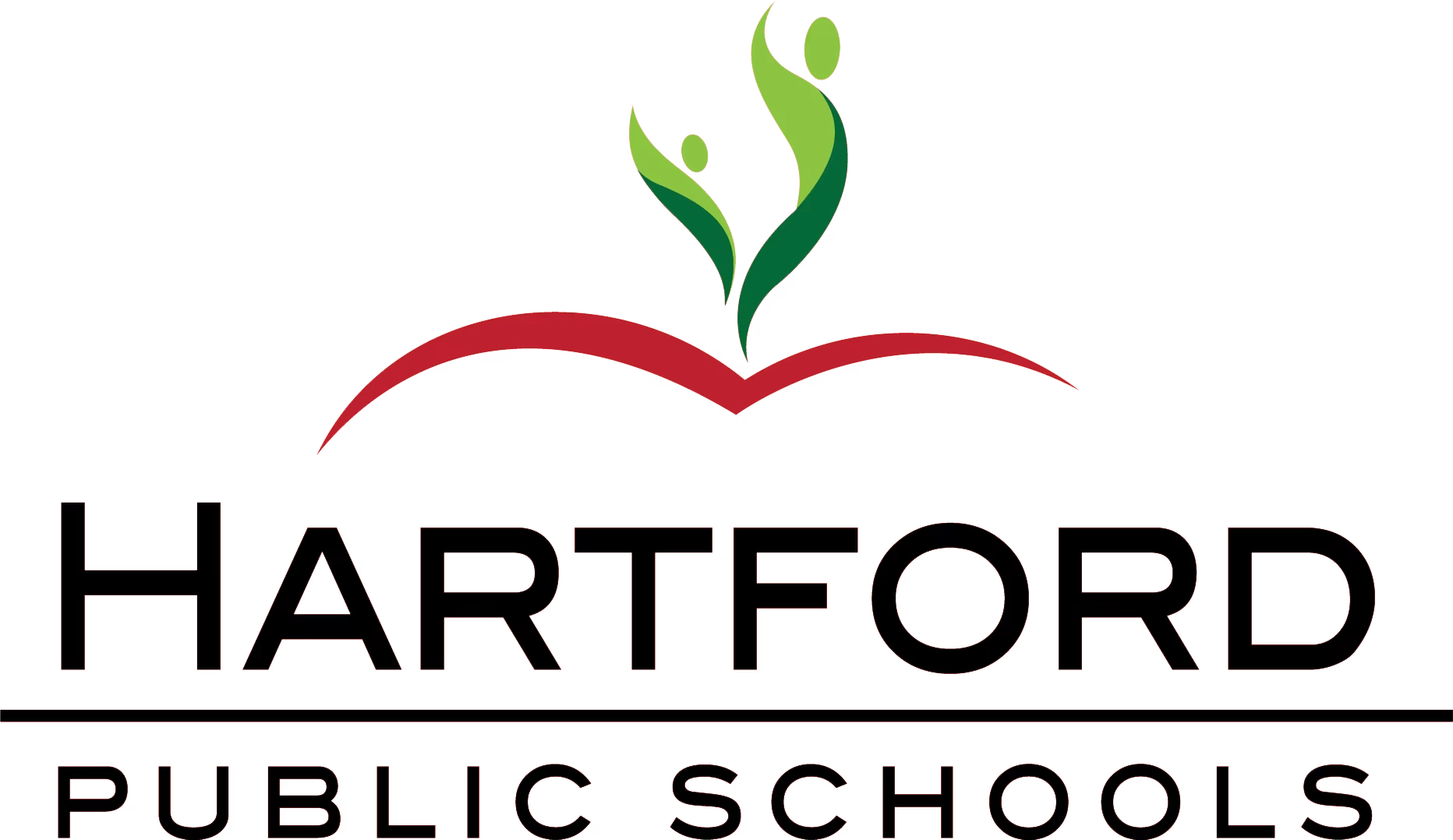


Explore the CS Access Report
See how your district stacks up for computer science offerings!
Take the next step!
If you are interested in becoming a district partner or have questions about the partnership, fill out the form below and a member of the Code.org team and/or our Regional Partner will be in touch.
Frequently asked questions
Computer science is foundational for all students. More than 90% of parents want schools to teach computer science and students rank CS as their third favorite subject behind the arts. Computing occupations are now the fastest-growing segment of all professions and the majority of all U.S. occupations now involve "moderately digital" skills. Students who study computer science perform better in other subjects, excel at problem-solving, and are more likely to attend college, according to recent research.
Learn more at code.org/stats.
Currently the Code.org District Partner program is only available for districts in the United States. If you are interested in what is happening with computer science in your country, find your international Code.org partner.
Yes! Specifically, our courses were written using both the K-12 Framework for Computer Science and the 2017 CSTA standards. Additionally, CS Principles and CSA meet the AP Frameworks for each course. You can learn more about standards alignment for each course by visiting their specific course pages. Visit code.org/teach to learn more.
The answer will vary by state — contact your Regional Partner for details specific to your state and district. You can also find an overview of state certification requirements here (click on the “Certification” tab near the top).
All Code.org course materials are free — now and forever. There may be a fee associated with professional development (varies by region), but every region offers scholarships and discounts that you may qualify for (check here). Other costs, like devices and other classroom supplies, internet access, and administrative support, will vary by region and class size. You can take a look at hardware and internet requirements for Code.org courses here.
Code.org offers a number of scholarships and discounts for teachers attending our professional development workshops. Other funding sources, like Perkins funds and state funding, may also be available to you. Contact your Regional Partner to learn more about the funding options available.
Schools and teachers have the flexibility to teach our CS Fundamentals and CS Discoveries courses in the way that best fits with their school schedules. CS Principles and CSA should be taught as full-year courses. Our PL programs provide guidance. Learn more about our various offerings at code.org/teach.
Take a look here to see if your state allows computer science courses to count toward graduation (click the “Count” tab near the top).
Additional resources
Paragraph
Amazon Future Engineer
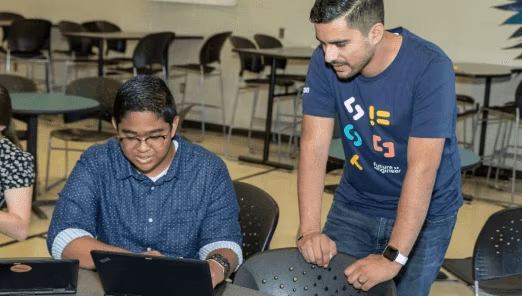
Explore our partnership with Amazon to bring free CS resources and benefits to eligible underserved schools. See if your school qualifies.
District Case Studies
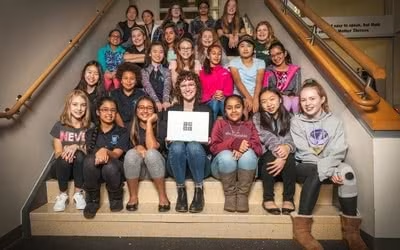
See how three school districts successfully implemented computer science programs and supported teachers and students along the way.
Curriculum Catalog
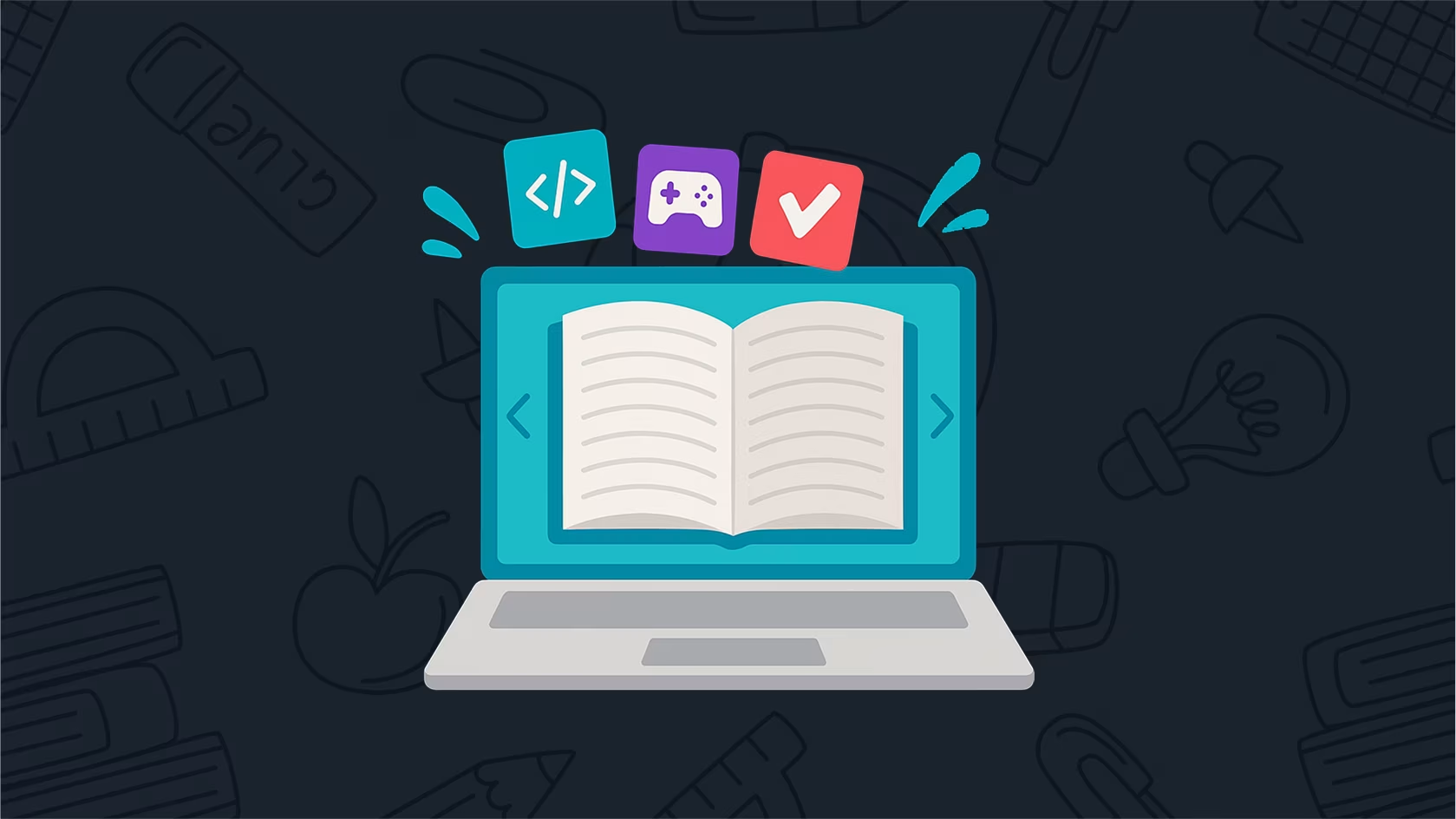
Comprehensive curriculum offerings for every grade and experience level featuring robust structured and self-paced learning options.
